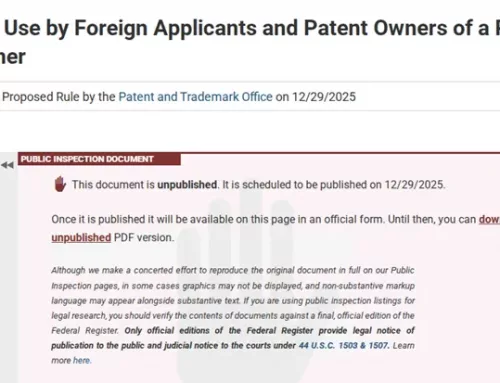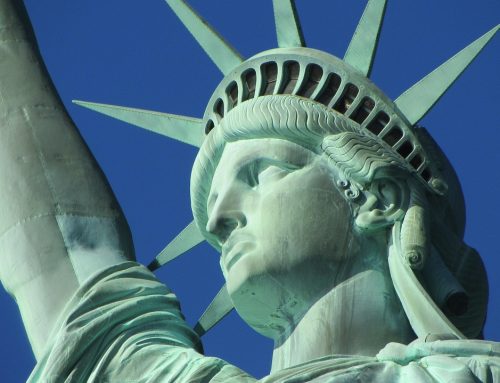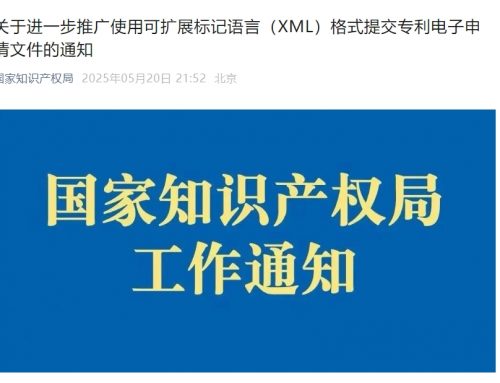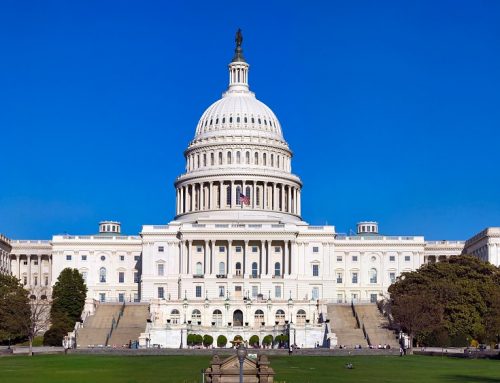The international patent application fee has reached a new high, and the second adjustment this year has attracted widespread attention in the industry.
The author of this article
Yang Jiajia, ScienBiziP China Process and Information Department
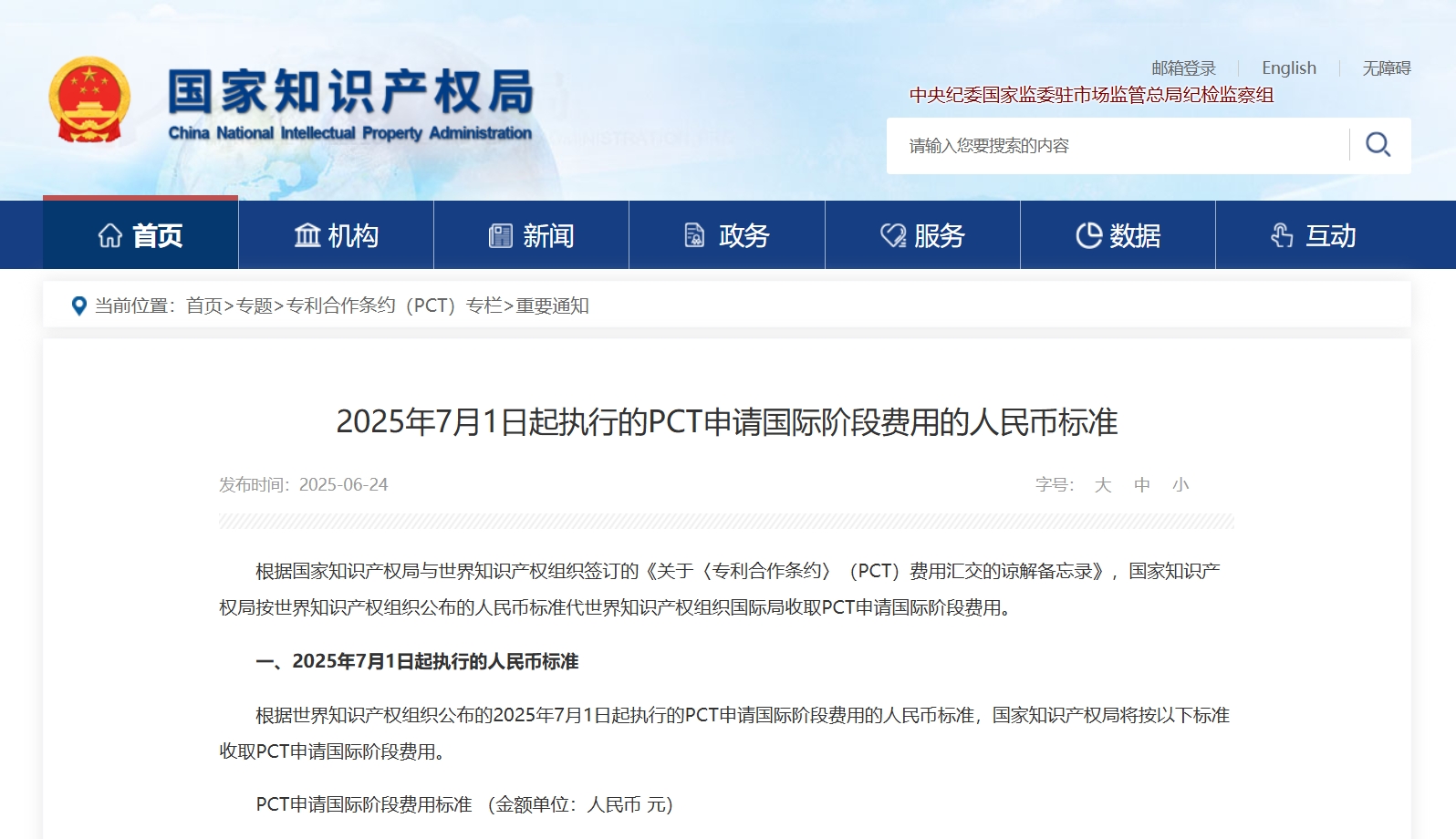
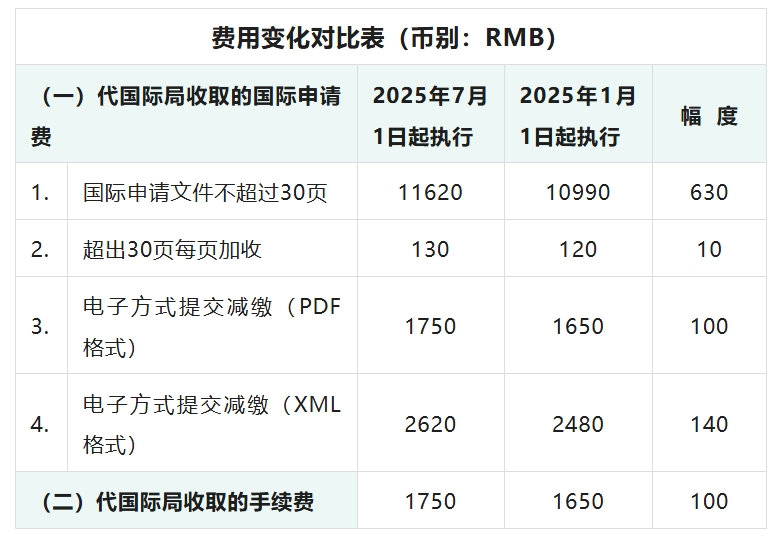
1、 Effective date: July 1, 2025
Scope of Application
This standard applies to the international application fees for PCT applications submitted to the China National Intellectual Property Administration and received after July 1, 2025 (inclusive), and the handling fees for PCT international preliminary review requirements received after July 1, 2025 (inclusive):
In addition to the fees charged on behalf of the International Bureau, the retrieval fees and other fees charged by the China National Intellectual Property Administration remain unchanged. For details, see the “Patent Fees, Integrated Circuit Layout Design Fee Standards” published on the website of the China National Intellectual Property Administration.
Official website announcement link:
https://www.cnipa.gov.cn/art/2025/6/24/art_332_200262.html
Standards to be implemented from January 1, 2025 for comparison and reference:
https://www.cnipa.gov.cn/art/2024/12/30/art_332_196848.html
With major global intellectual property offices raising their fees, corporate intellectual property budgets are facing greater pressure. Patent applicants need to plan their international application strategy more accurately, and make reasonable use of methods such as reducing payment through XML electronic submission and planning the number of pages in application documents to achieve the highest cost-effectiveness. While ensuring the quality of the application, they should submit it in advance before July 1st to reduce costs.
At the same time, it is recommended that enterprises accelerate the front-end patent mining and proposal evaluation process, shorten the internal decision-making cycle, promote high-quality proposals to enter the application channel faster, complete the patent layout planning and reserve of core technologies and markets as early as possible in the low-cost period, and maximize the input-output ratio of intellectual property rights.

